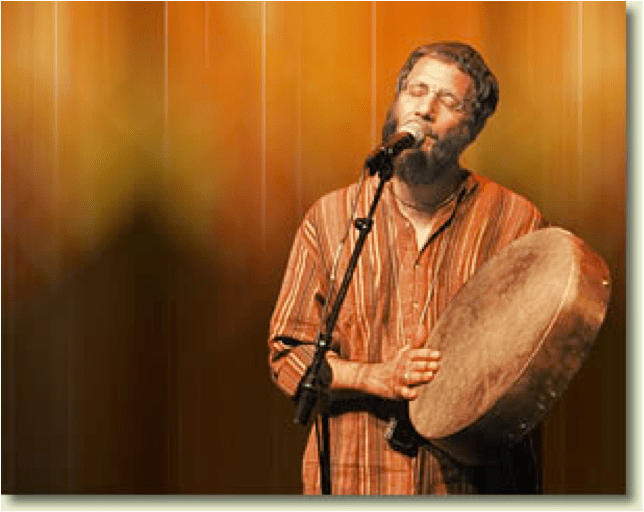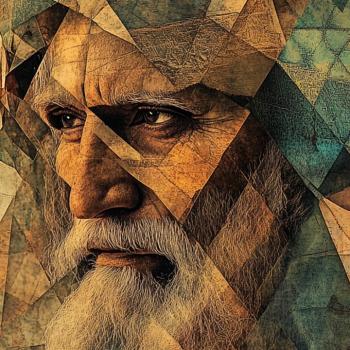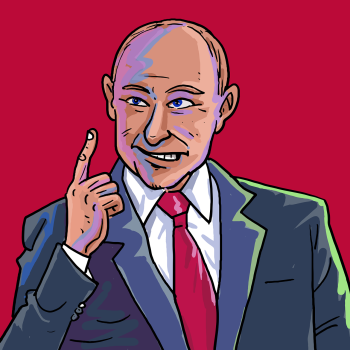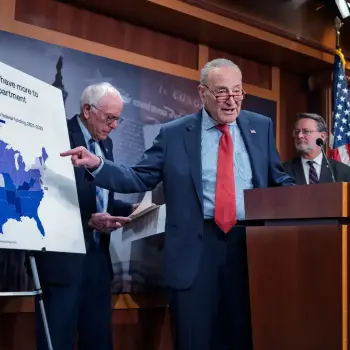By Asma T. Uddin - June 5, 2009
On the heels of Obama's historic speech, Muslim musicians gather in NYC to celebrate, finding their freedom to do so within Islam itself.
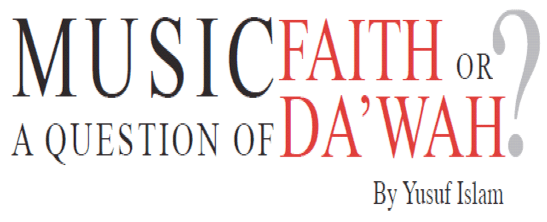 In 2005, Yusuf Islam (the artist formerly known as Cat Stevens) wrote an essay explaining his return to mainstream music after several decades of having abandoned it out of fear that it violated the tenets of his new religion, Islam. In Music: A Question of Faith or Da'wah?, Yusuf confronts criticisms about his allowing his past albums to be re-released. Such criticisms were premised on the idea that music is impermissible in Islam and, as such, listening to it can make one a sinner, if not an unbeliever.
In 2005, Yusuf Islam (the artist formerly known as Cat Stevens) wrote an essay explaining his return to mainstream music after several decades of having abandoned it out of fear that it violated the tenets of his new religion, Islam. In Music: A Question of Faith or Da'wah?, Yusuf confronts criticisms about his allowing his past albums to be re-released. Such criticisms were premised on the idea that music is impermissible in Islam and, as such, listening to it can make one a sinner, if not an unbeliever.
Yusuf turns that question on its head, explaining first that music is not a matter of faith, but of understanding, and then taking the question beyond that of permissibility to preferability - as Yusuf explains, music can be and has been a potent tool for spreading the message of Islam (da'wah).
The da'wah that Yusuf speaks of is not just one of converting others to the faith. In the post-9/11 world, where misconceptions of Islam abound, music can help reflect the inner spiritual core of the religion. Yusuf understood that even the music he created before he embraced Islam represented the "poetic inspiration of a seeker, someone thirsting for peace and trying to understand the unexplained mysteries of life." This music, re-released as that of a now-devout Muslim, is Yusuf's way of using media to "to show Muslims and non-Muslims the transcendent beauty and light of Islam." In recent interviews, Yusuf has emphasized this bridge-building role of music: "Muslims should work a little bit harder at making people a bit more at ease and to create an atmosphere of happiness."
Why Has Yusuf Islam Dropped Islam From His Stage Name?
Why Has Yusuf Islam Stopped Wearing Muslim Robes?
Listen to Yusuf Islam recite the Holy Quran.
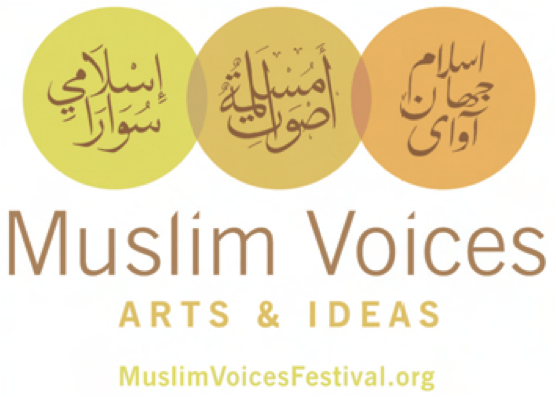 Yusuf is not alone in his view of music as a necessary and effective tool of cross-cultural understanding. His sentiments are shared by many others in the Muslim community, as evidenced most recently by the Muslim Voices Festival, which will take place in New York City from June 5 to 14.
Yusuf is not alone in his view of music as a necessary and effective tool of cross-cultural understanding. His sentiments are shared by many others in the Muslim community, as evidenced most recently by the Muslim Voices Festival, which will take place in New York City from June 5 to 14.
Echoing Yusuf's thoughts about music as da'wah, Zeyba Rahman, Senior Project Advisor for the Festival, describes music as a powerful medium for cultural diplomacy, going "where politics cannot always manage to." Music has the power to touch and engage our emotions, opening up a space where our very mode of thinking can be transformed.
"Time and time again, I find that music flows over borders to move people in ways that just talking about issues does not. It is the glue that binds us and is particularly effective when its intention is to uplift spirits to encourage a sense of community. I have seen the same effect again and again in different contexts all around the world," says Rahman.
Cultural diplomacy depends not just on finding commonalities among people - it also requires that a person know him/herself and articulate that sense of self in a way that connects with others. For many Western Muslims, music plays precisely that role. As Asad Jafri, Director of Arts and Culture for the Inner-City Muslim Action Network (IMAN), explains, these Muslims are using music to create their own narrative, refusing to be "defined strictly by scholars and academics."
Although music in this sense is seen as a new mode of expression, music has always existed in the Muslim tradition. "Islamic religious practice has music at its core," Rahman points out. "The call to prayer is melodic. Quranic recitation brings out beautiful vocalists who sing verses out loud throughout the Muslim world publicly and privately. Whenever Muslims celebrate the Prophet Mohammed's birthday or other religious celebrations, there are special hymns sung a cappella or with simple musical accompaniment. Music is a natural complement to our spiritual practice."
